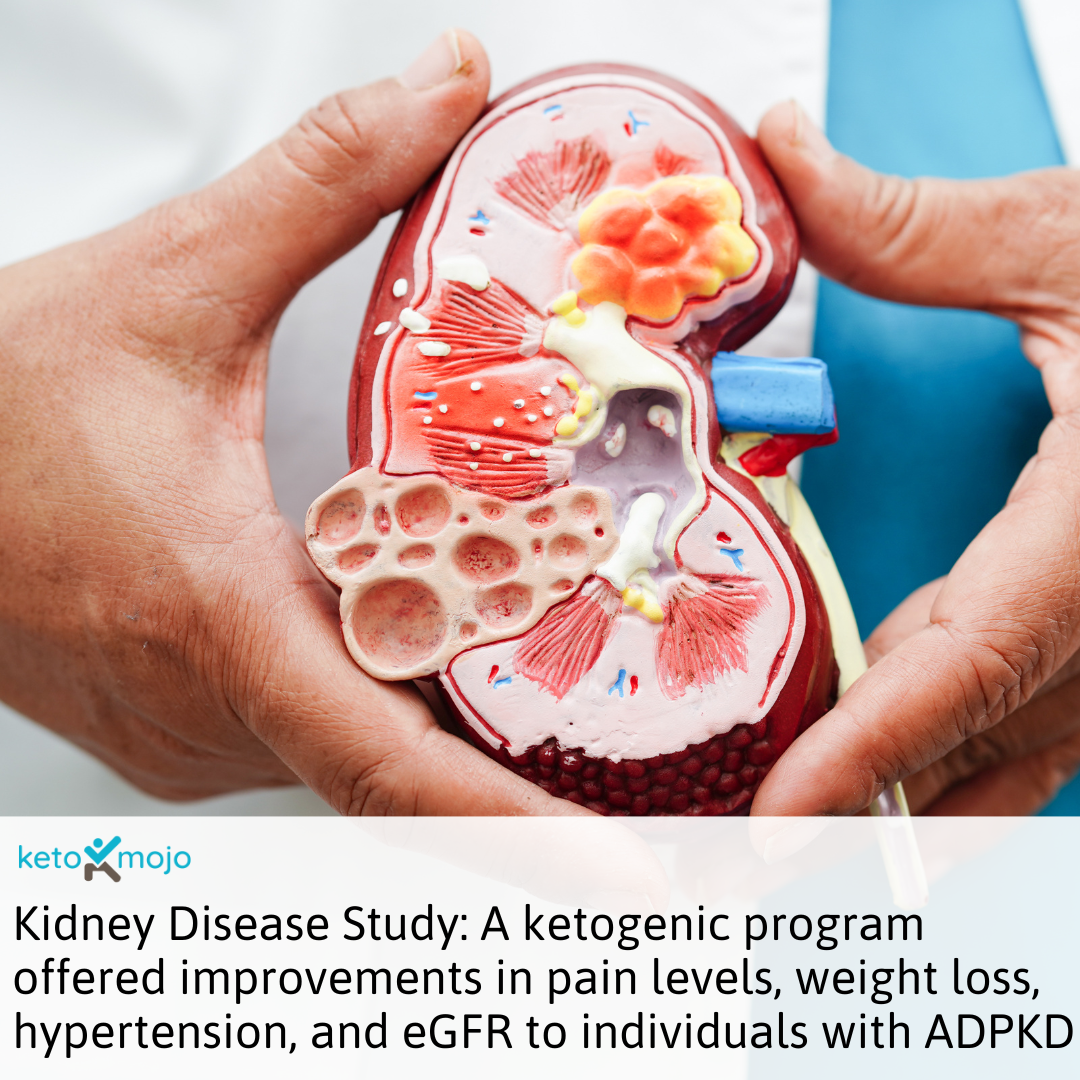Endocrine
Ketosis moderates the effect on kidney volume in dietary interventions for ADPKD—more insights on the KETO ADPKD trial

Autosomal-dominant polycystic kidney disease (ADPKD) is a genetic disorder characterized by the growth of numerous fluid-filled cysts in the kidneys, leading to increased kidney size and eventual renal failure. Because the drug used to treat ADPKD can cause adverse effects like liver toxicity and polyuria, novel therapies are urgently needed. Earlier studies suggest that ketogenic dietary interventions can reduce cyst growth and preserve kidney function in people living with the condition.
The 2023 KETO-ADPKD study explored the feasibility and effectiveness of ketogenic therapy in ADPKD patients.
In that three-month clinical trial, 66 patients were randomized to a ketogenic diet, three-day water fasting once per month, or a control group. By the end of the trial, kidney function improved in the ketogenic diet group, while it declined in the other two groups.
Recently, the researchers conducted a post-hoc analysis examining the correlation between biochemical ketosis markers and disease progression. They reported the following findings:
- The ketogenic diet group showed a decline in height-adjusted total kidney volume (htTKV).
- Patients with high ketosis levels significantly reduced htTKV compared to the control group.
- Higher adherence thresholds (beta-hydroxybutyrate levels ≥ 0.5 mmol/l plus breath acetone levels ≥ 5 ppm) resulted in a greater reduction in htTKV.
This analysis suggests that achieving higher levels of ketosis can make ketogenic diets more effective at reducing kidney size in ADPKD patients. These results support preclinical research indicating that ketosis is more important than simply reducing calories in slowing the progression of ADPKD. Further studies on kidney cysts could offer more details about how this diet impacts the disease.



